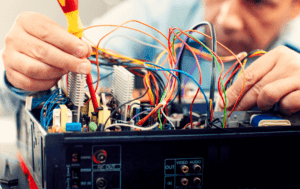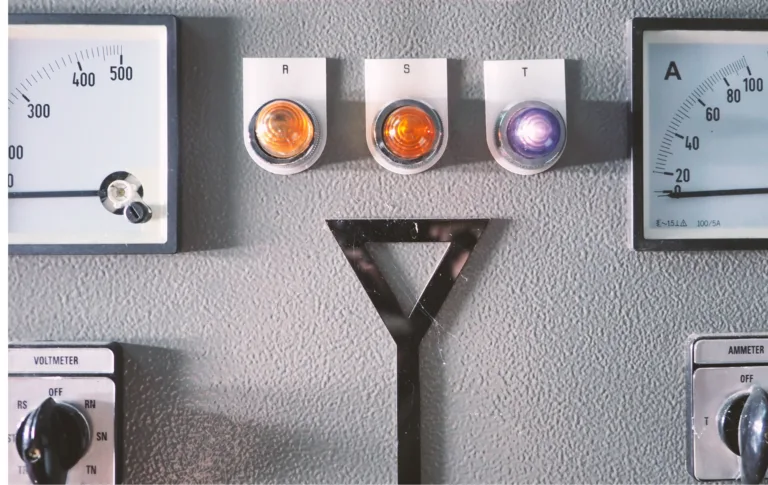Electrical Product Compliance Safety Testing
Product Compliance and Certification
Understanding Electrical prouct Safety Testing
Electrical product safety testing is an essential process for ensuring that electronic and electrical devices are safe for use. It involves a variety of tests designed to assess the safety, reliability, and compliance of these devices under normal and fault conditions. These tests are critical for preventing hazards such as electric shocks, fires, and explosions, thereby protecting consumers and ensuring product reliability.
NATA Accredited safety testing
Safety Standards
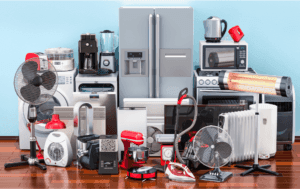
Household Appliances
IEC 60335
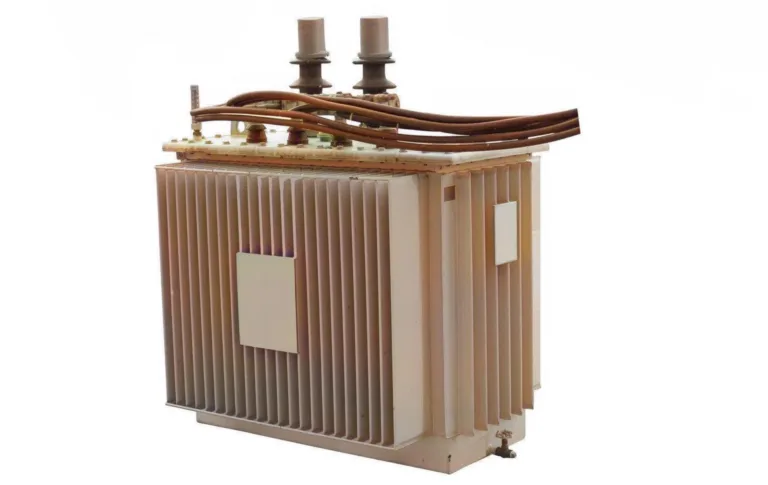
Transformers and Power Supply Units
IEC 61558

Lamp Control Gear
IEC 61347
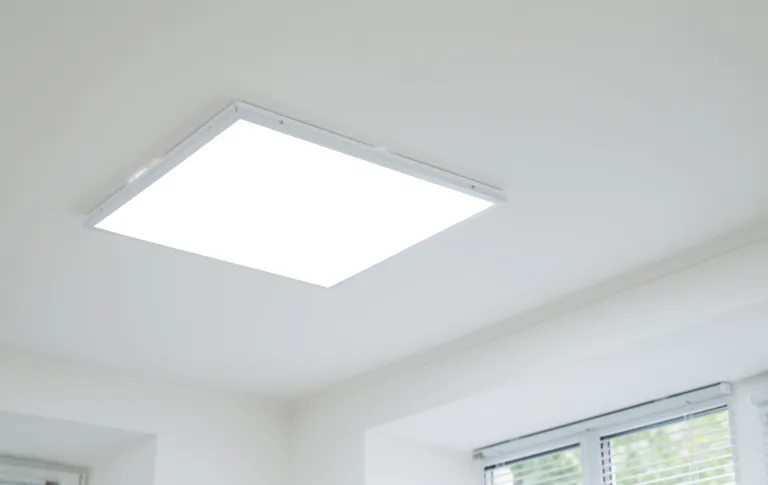
Lightning Equipment
IEC 60598
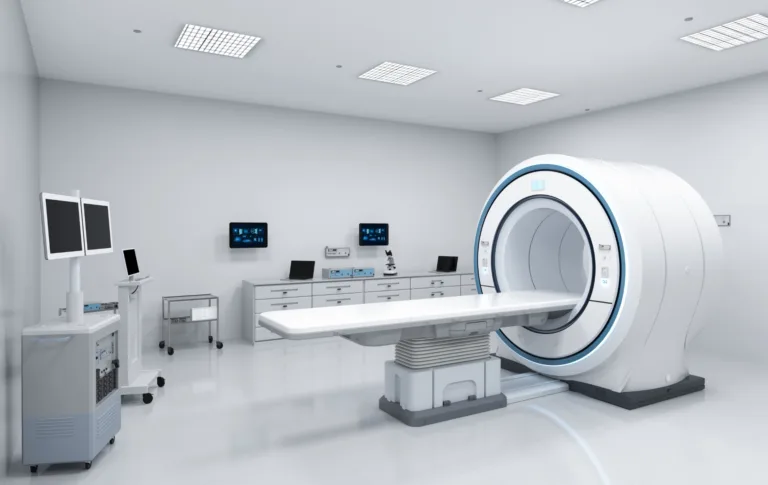
Medical Equipment
IEC 60601

Handheld Tools
IEC 60745
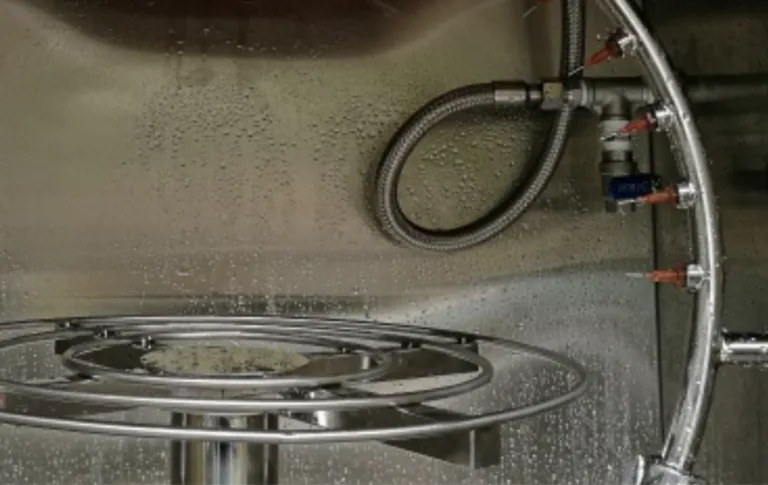
Ingress Protection Test
IEC 60529
Our specialized safety engineers are skilled in inspecting and assessing your equipment to identify any potential safety issues. We conduct a thorough evaluation of the construction, design, and component selection to ensure compliance with relevant standards. We also review schematics and instruction manuals to verify that labeling and safety information are properly addressed.
Our detailed reports provide actionable recommendations, with a focus on design elements that could impact EMC compliance. Additionally, we outline a specific set of tests to confirm product conformity, and if needed, offer supplementary testing to meet the AS/NZS standards where required.
How Can C-PRAV Help?
Unmatched Expertise
We bring extensive knowledge and experience in electrical product compliance safety testing, ensuring that your products comply with the most stringent international standards. Our team of experts stays up-to-date with the latest regulations and testing methodologies, providing you with accurate and reliable results.
NATA Accreditation
As a NATA-accredited laboratory, C-PRAV adheres to the highest standards of quality and precision in testing. This accreditation is a mark of trust and reliability, assuring you that our testing processes are conducted with the utmost integrity.
Value-Added Testing Support
We offer a wide range of electrical product testing services tailored to various electrical products, including mechanical, electrical, thermal, and environmental assessments. Our holistic approach ensures that every safety aspect of your product is thoroughly evaluated.
Global Compliance Support
With our extensive global network and partnerships, we support international approvals, ensuring your products meet safety regulations across different markets. We guide you through the complexities of global compliance, making it easier for you to enter new markets.
Proactive Communication
We prioritize clear and proactive communication throughout the electrical product safety compliance process. Our team keeps you informed at every stage, providing insights and guidance to help you navigate the safety testing landscape with confidence
Related Resources
The European Commission Repeals RED Cybersecurity Delegated Regulation as CRA Takes Over
The European Commission has formally adopted a Delegated Regulation repealing Delegated Regulation (EU) 2022/30, commonly referred to as the RED Cybersecurity Delegated Regulation. The repeal will take effect on 11 December 2027, the same date on which the Cyber Resilience Act (Regulation (EU) 2024/2847) becomes fully applicable. This development marks a significant structural shift in how cybersecurity requirements for connected products will be regulated in the European Union. Background:
ACCC Releases 2026–27 Compliance and Enforcement Priorities
The Australian Competition and Consumer Commission (ACCC) has published its 2026–27 Compliance and Enforcement Policy and Priorities (February 2026), setting out the key sectors and conduct that will attract enforcement attention in the year ahead. The ACCC states that its priorities are designed to focus on conduct that results in substantial consumer or small business detriment, harms competition, or impacts cost-of-living pressures. It has also confirmed that it will
Japan Proposes Radio Act Amendment Affecting TPMS and RKE Devices
Japan’s Ministry of Internal Affairs and Communications (MIC) has notified a proposed partial amendment to the Ordinance for Enforcement of the Radio Act under WTO TBT Notification G/TBT/N/JPN/840. The proposed amendment impacts technical requirements applicable to low-power radio systems, including devices used in Tire Pressure Monitoring Systems (TPMS) and Remote Keyless Entry (RKE) applications. Key Proposed Technical Changes According to the official notification: The operating frequency band for TPMS

